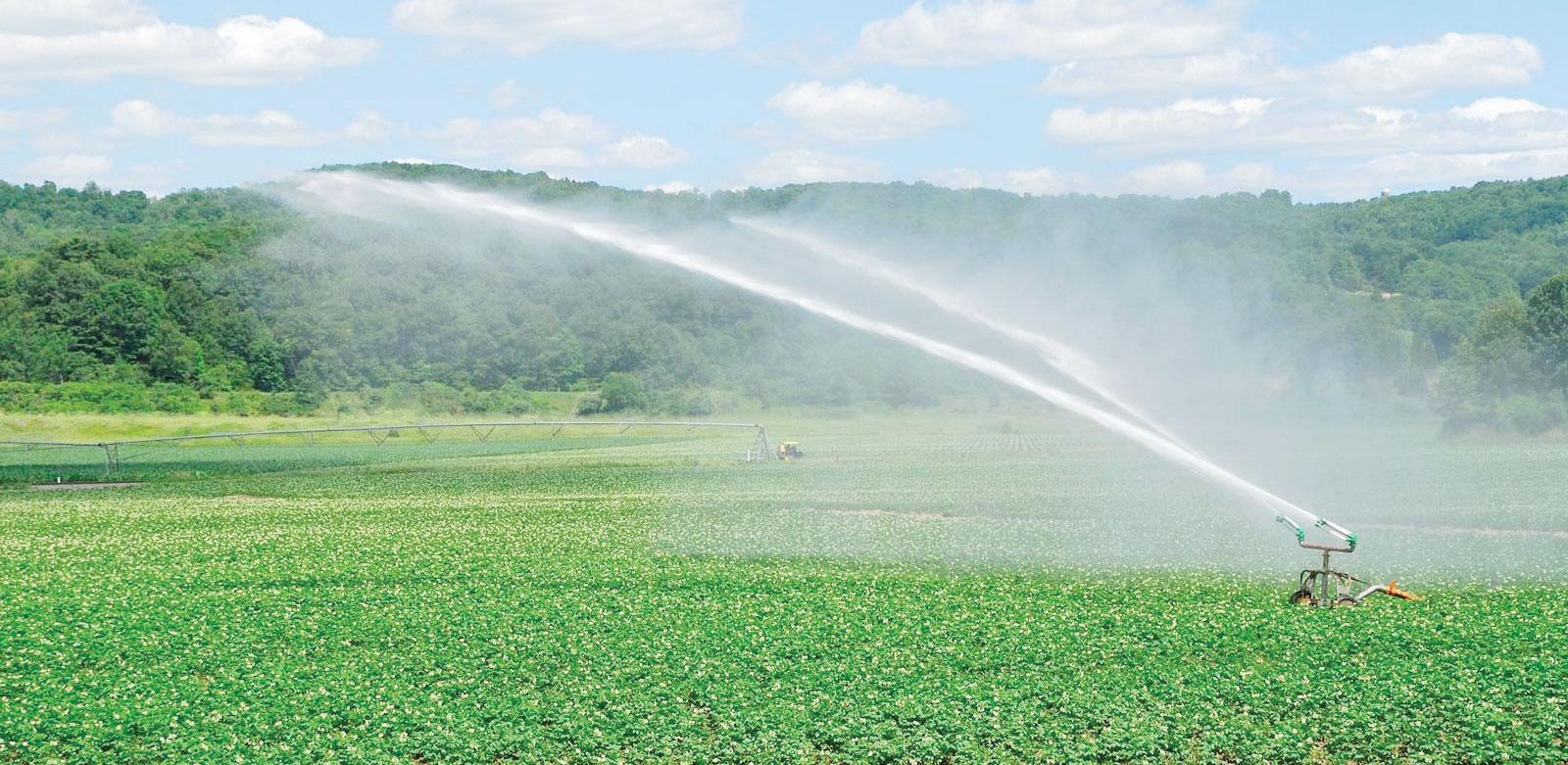Africa-Press – Malawi. Malawi could double output for maize and other agricultural commodities if irrigation farming is scaled up, the Ministry of Agriculture has said. This comes as agricultural output and the sector’s share of the national economy has been shrinking lately due to weather-related shocks, among other factors.
In 2021, the share of agriculture in Malawi’s gross domestic product was 22.73 percent but experts predict a shrink this year due to reduced output of Malawi’s staple crop, maize, and lower-than-expected revenue from major cash crops like tobacco.
According to the Ministry of Agriculture and Food Security’s third-round crop estimates released in June 2022 for instance, Malawi’s maize output declined by 18.9 percent in the 2021-22 farming year but remains higher than the five-year average.
Principal Secretary for Irrigation Geoffrey Mamba, however, said while Malawi has of late been producing an average of 3.5 Million metric tons of maize every rain-fed season, output can double if the country intensified irrigation farming.
He said this on Saturday during the 2022 Annual Irrigation conference in Liwonde, Machinga District. Mamba said this could be attained if irrigation engineers are working with farmers at all levels to utilise the land in which the ministry has earmarked for Irrigation.
“Most farmers produce about 1.5 to two metric tons [of Maize] per hector. But trials have shown that with irrigation, the same land can produce an average of five metric tons which can effectively address the food shortages in the country,” Mamba said.
He said Malawi has about 147,000 hectors of land suitable for irrigation out of the 407,864 hectors which is used for agricultural production. Chief Irrigation officer in the ministry Tinkho Mpezeni said high cost of production has barred most small scale farmers from using modern irrigation farming methods.
According to Mamba, the government has intensified effort towards ensuring that Malawi does not only rely on rain-fed agriculture. “Most farmers prefer to only plant in rain season which seem to be a cheaper option. But we have agreed to quickly utilise all the land that is already available starting from March next year,” Mpezeni said.
The Famine Early Warning Systems Network recently said Malawi faces a potential decline in crop output, particularly for maize in the 2022-23 agriculture season largely on account of the elevated fertiliser prices. The country is moving towards commercialisation of the agriculture sector in line with aspirations embeded in the Malawi 2063.
For More News And Analysis About Malawi Follow Africa-Press






